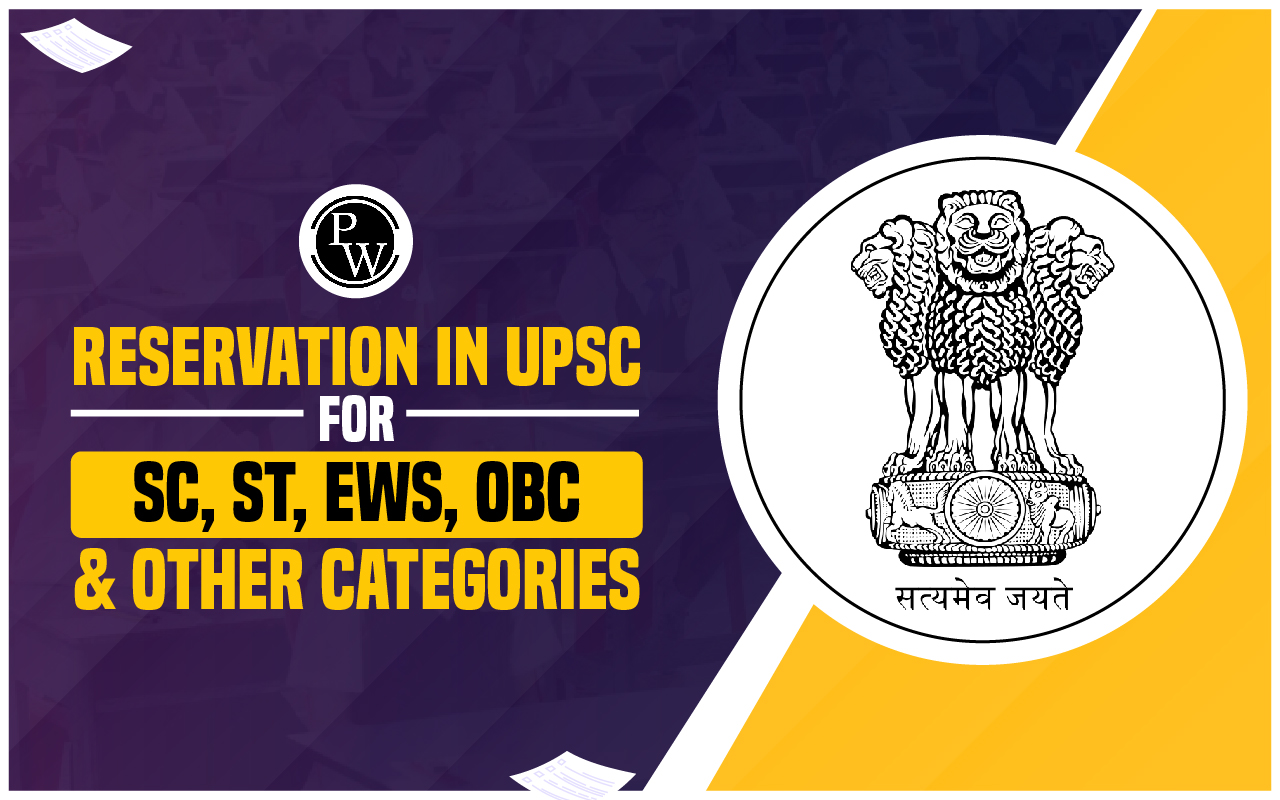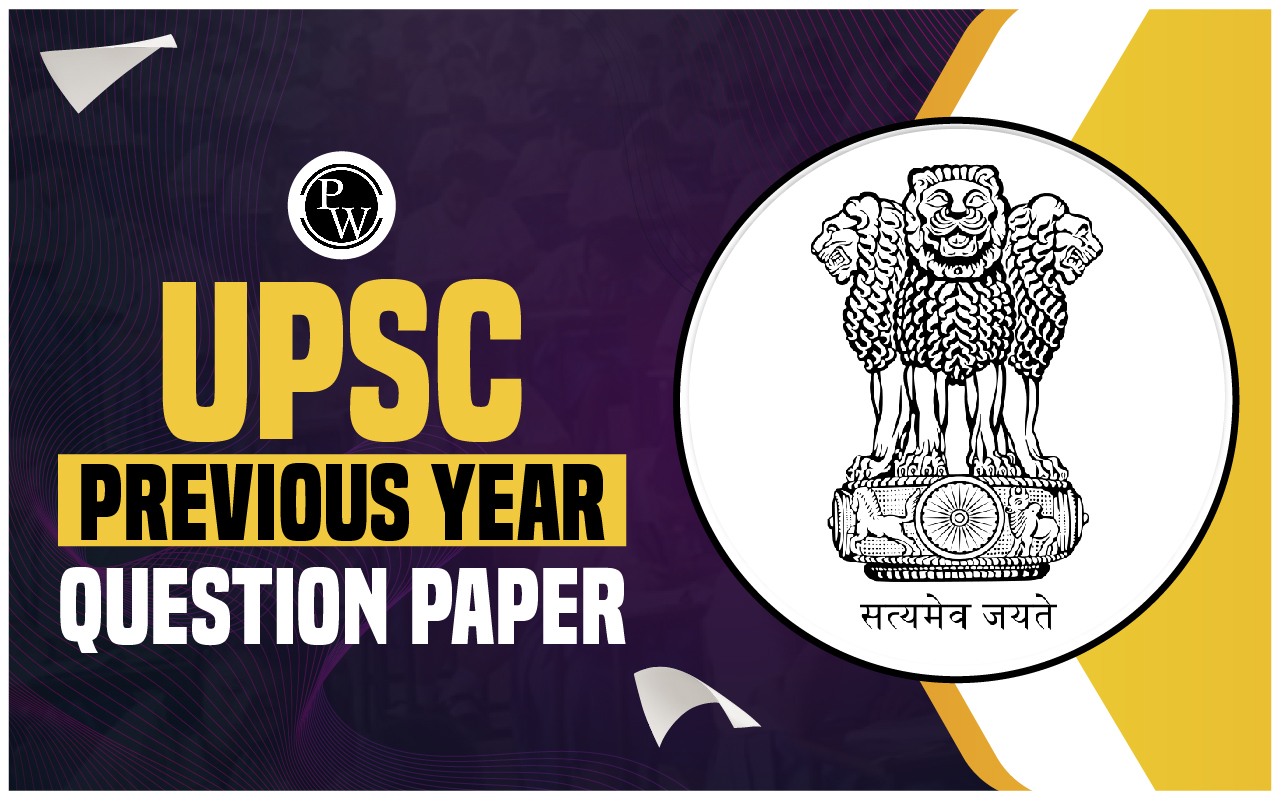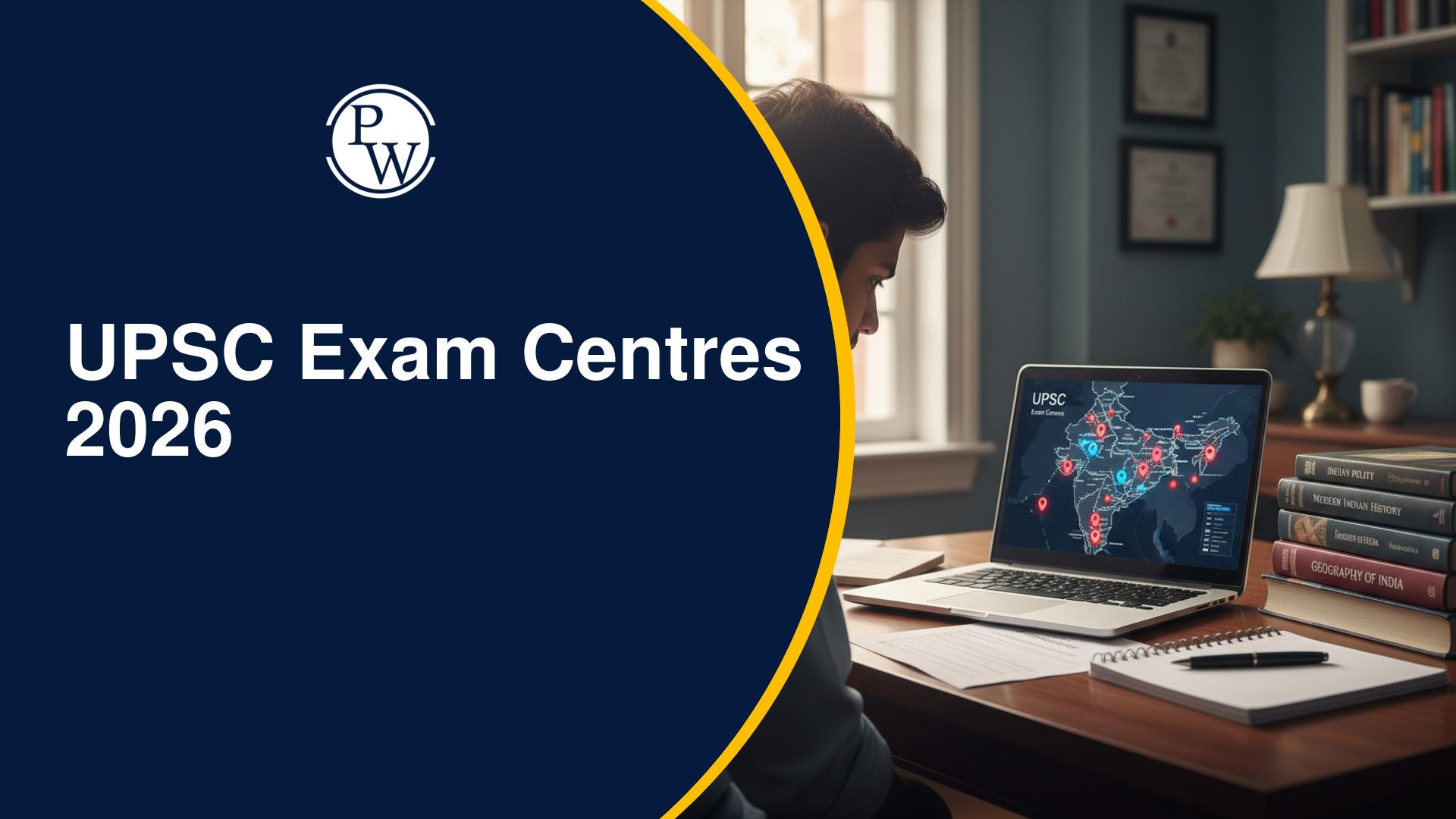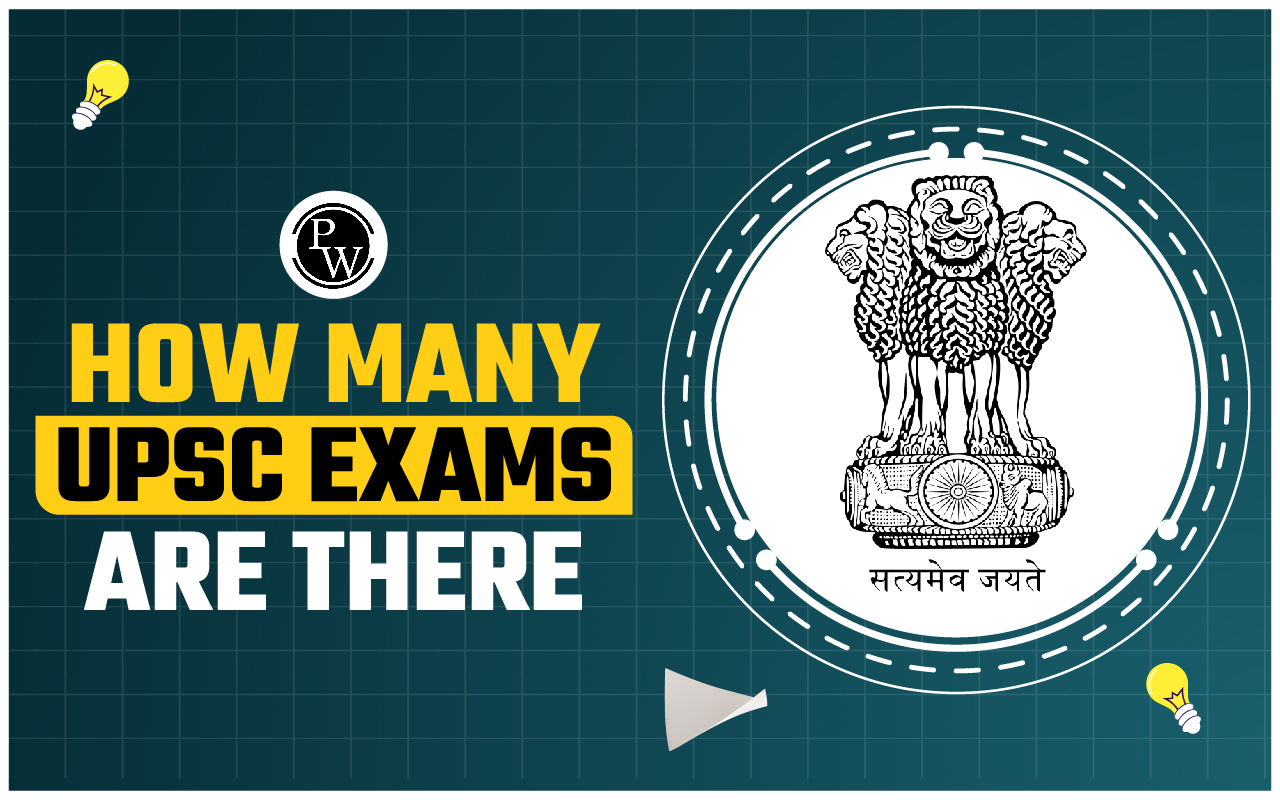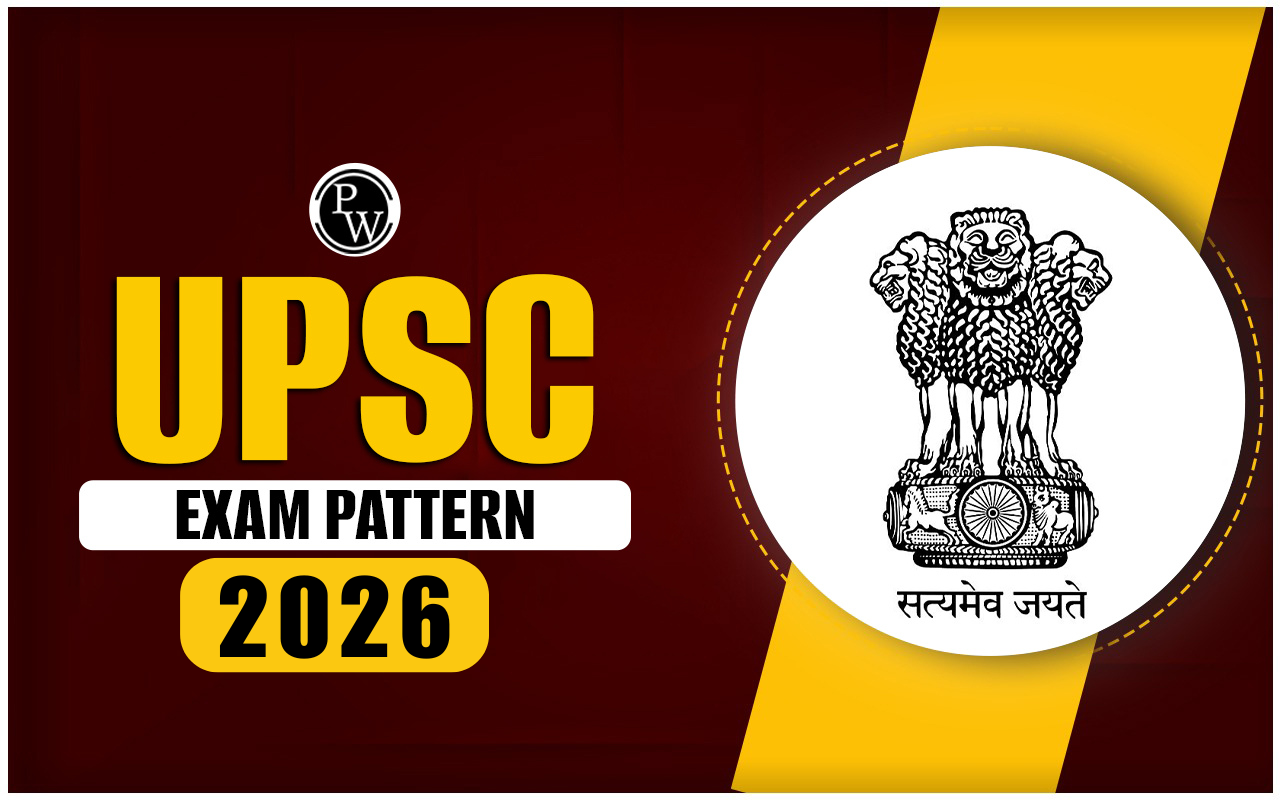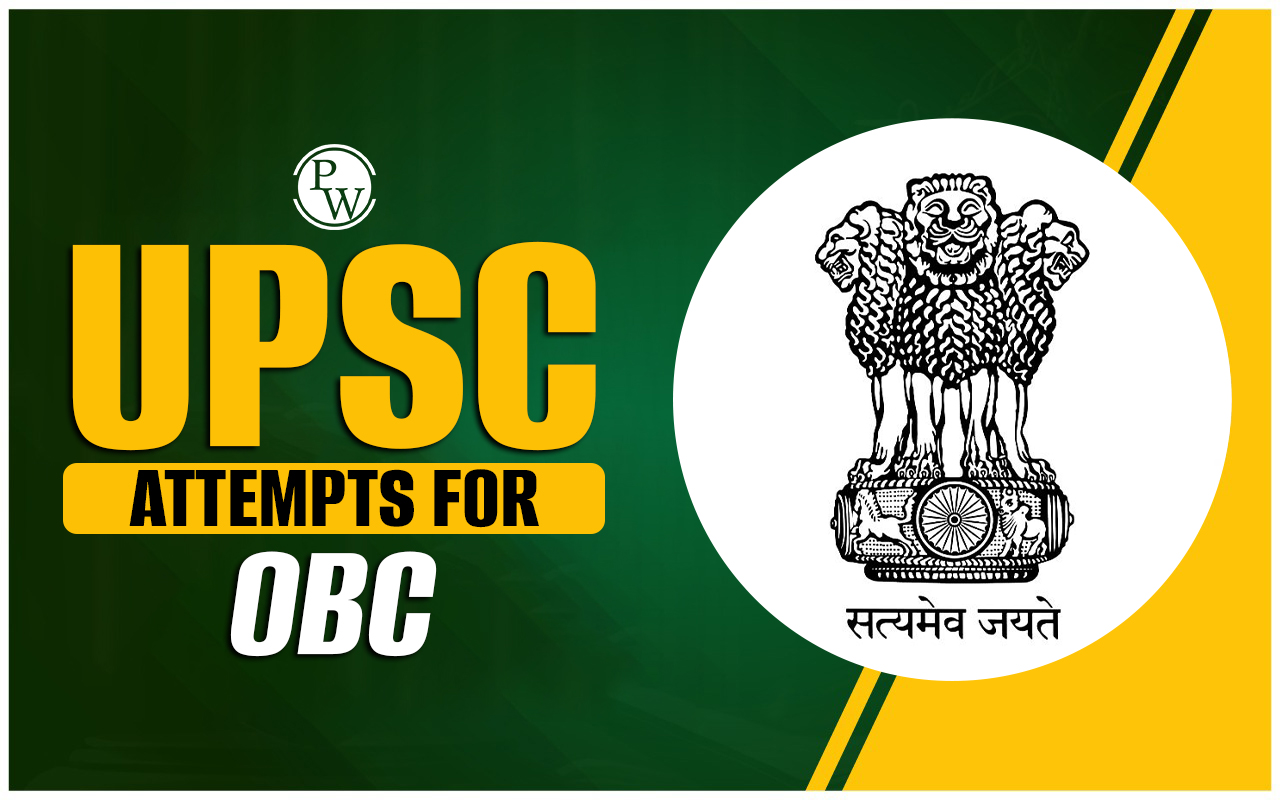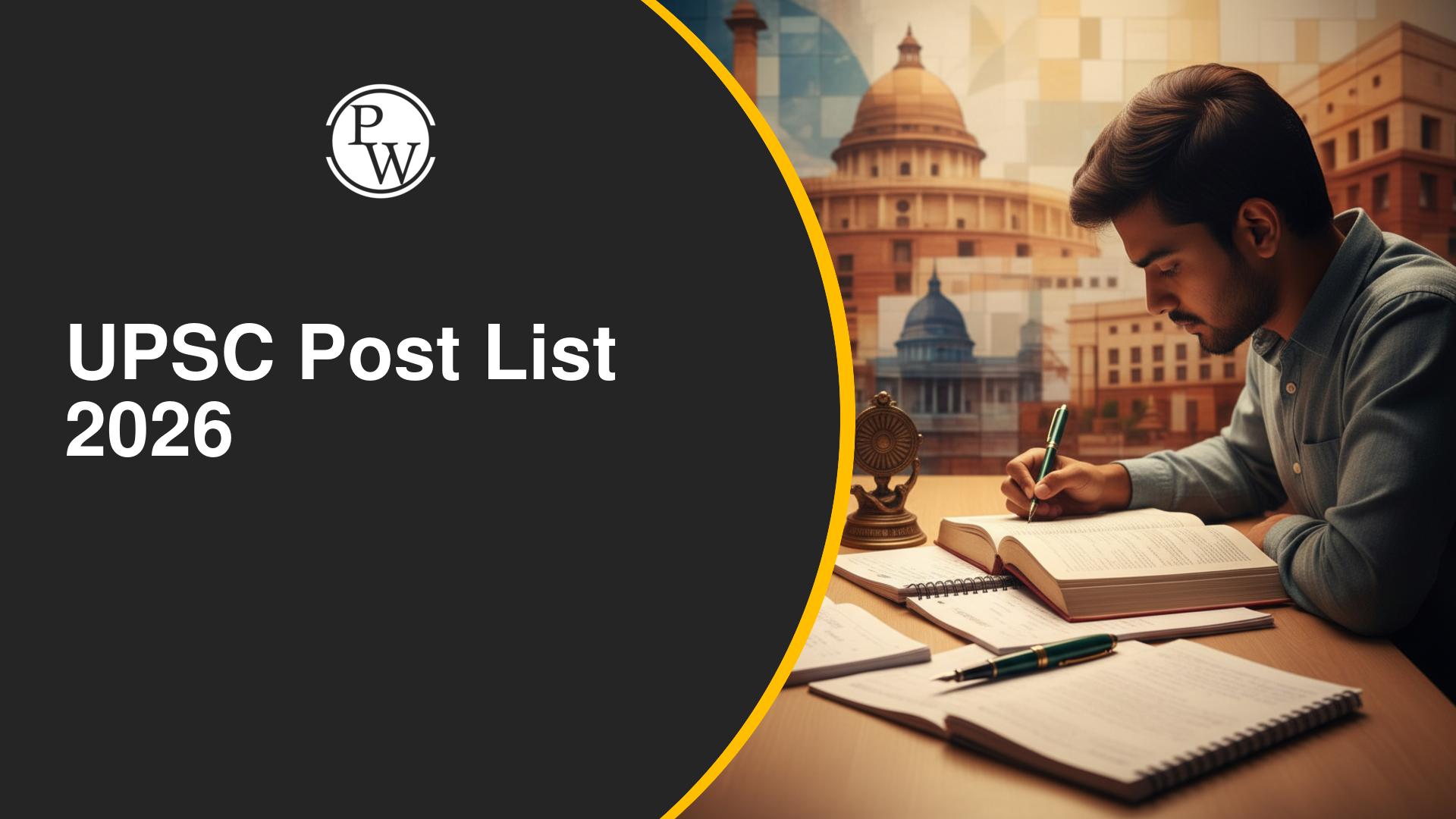
Parliament Sessions : India’s Parliament serves as the nation’s highest legislative authority, tasked with debating, amending, and enacting laws crucial to governance. Each year, it convenes multiple times in what we call "sessions". In these Parliament Sessions, Members of Parliament (MPs) gather to discuss policies, scrutinize government decisions, and pass legislation.
As Parliament Winter Session 2024 is ongoing from November 25, 2024, to December 20, 2024 (subject to government business), UPSC aspirants must have an understanding of these Parliament sessions for the exam. Keep reading to learn elements of the Parliament Sessions, their types, and the key terms associated with them.What is a Parliament Session?
In simple language, the session of Parliament refers to the period during which Parliament meets to conduct its business. It is composed of multiple sittings where MPs debate, discuss policies, make laws, and review national issues. Each session lasts for a few weeks, followed by a break or adjournment.
The provision of Parliament Sessions can be found in
Article 85
of the Constitution which states that:
85. Sessions of Parliament, prorogation and dissolution
|
Who Summons Parliament Sessions?
The power to summon Parliament sessions lies with the President of India, as stipulated by Article 85 of the Indian Constitution. In practice, the President calls a session based on the advice of the Council of Ministers . Summoning is a formal process where the President issues a notification, setting the dates for the Parliament to meet and conduct business. Once a session is summoned, MPs and officials are notified, and preparations for the agenda are made. It’s important to note that at least two sessions must be held every six months to avoid a long gap in the legislative process. Further, a special session of Parliament may also be summoned by the President on important occasions or to address critical issues requiring immediate attention.Types of Parliament Sessions
There are three main Parliament Sessions in India, which are:1. Budget Session of Parliament
The Budget Session is generally held from February to May. It is the longest and most critical session as it focuses on the country's financial planning for the upcoming fiscal year along with matters of general importance. During this session, the Finance Minister presents the Union Budget, including revenue and expenditure estimates.2. Monsoon Session of Parliament
Held between July and August, the Monsoon Session of Parliament is often shorter than the Budget Session. It focuses on discussing current issues and passing legislation that may have arisen since the previous session. This session usually coincides with the Monsoon season in India from which it takes its name.3. Winter Session of Parliament
Usually convened in November or December , the Winter Session of Parliament is the final session of the year. Its primary purpose is to review, reassess, and finalize pending legislation. This session also includes debates on emerging challenges, policy changes, and reviews of government performance across various sectors.Joint Session of Parliament
A joint session of Parliament is convened when there is a deadlock between the Lok Sabha and Rajya Sabha on an ordinary bill. In such a session, members of both houses meet together to debate and resolve the impasse through a collective vote. The President calls this session only in specific circumstances where legislative business cannot proceed due to prolonged disagreements.What is Quorum?
A quorum is the minimum number of members required to conduct a valid sitting in Parliament. For any legislative session, one-tenth of the total members of the house is necessary to constitute a quorum. If quorum requirements are not met, Parliament cannot proceed with official business. Thus the quorum for each House of Parliament is as follows:- Lok Sabha: Minimum of 55 members (1/10th of 545).
- Rajya Sabha: Minimum of 25 members (1/10th of 250).
Procedures During Sessions of Parliament
During a session, Parliament follows a systematic procedure to ensure efficient and orderly conduct. Each sitting typically includes:- Question Hour: MPs raise questions about policies or matters of public concern.
- Zero Hour: Members bring up matters not listed in the formal agenda, often based on immediate public concerns.
- Debates and Discussions: Bills and policies undergo thorough review and debate, allowing MPs to voice their opinions, suggest amendments, and vote.
- Voting and Passing of Bills : After debates, members vote on proposed bills, and bills are either passed or rejected.
Adjournment of Parliament
Adjournment refers to the suspension of a session until the next scheduled meeting . Adjournments are usually short breaks in between sittings, allowing MPs time to review matters, attend to constituency needs, or handle other responsibilities. Reasons for adjournment may vary, from pending issues to procedural requirements.Adjournment Sine Die
When Parliament has adjourned sine die, it means the session has been suspended with no scheduled date to resume. In this case, Parliament is adjourned indefinitely, but the President can summon it again when needed. The phrase “sine die” translates to “without a day,” marking the end of a session unless formally reconvened.Prorogation of Parliament
Prorogation is the official termination of a Parliament session by the President, signaling that the session has concluded and will not reconvene under the same order. Once prorogued, all pending matters in that session are either dropped or carried forward, and Parliament prepares for the next session as per its schedule.Language in Parliament
Under the Official Languages Act, Hindi and English are the designated languages for conducting business in Parliament. However, MPs are free to communicate in either language during debates, discussions, and official interactions, allowing representatives from various linguistic backgrounds to participate fully.Lame-duck Session
The term “lame-duck session” applies to the period after elections, when some outgoing MPs whose terms are ending remain in Parliament until the new session starts. Although they participate in discussions, they are often less influential as their term is nearly over. This session is the last session of the preceding Lok Sabha.Dissolution of Parliament
Dissolution refers to the formal ending of a session or the entire term of a legislative body. The dissolution applies only to the Lok Sabha , India’s lower house. Unlike adjournment or prorogation, dissolution completely ends the Lok Sabha’s term, requiring new elections. It occurs when the term of the house expires or the President dissolves it upon the advice of the Prime Minister. After dissolution, new elections are conducted, and members of the Lok Sabha vacate their seats. For more in-depth learning of Indian Polity, check out the UPSC courses at PW that can help you understand these essential topics and support your civil services preparation!| UPSC Related Articles | ||
| Chief Justice of India | Mission Karmayogi | Judicial Activism |
| UPSC Mains Syllabus | Cooperative Federalism | Anti-Defection Law |
Parliament Sessions FAQs
How many Parliament sessions are held in India each year?
Typically, three sessions are held annually: the Budget, Monsoon, and Winter sessions of Parliament.
Who has the authority to summon Parliament sessions?
The President of India summons sessions based on recommendations from the Council of Ministers.
What is the purpose of the Budget Session of Parliament?
The Budget Session is dedicated to presenting and passing the Union Budget, focusing on the financial plan and expenditure.
What does adjournment sine die mean?
Adjournment sine die means the session ends without a specified date for resumption.
How does a joint session of Parliament work?
A joint session resolves legislative deadlocks by allowing both houses to debate and vote on a contested bill together.
Talk to a counsellorHave doubts? Our support team will be happy to assist you!

Check out these Related Articles
Free Learning Resources
PW Books
Notes (Class 10-12)
PW Study Materials
Notes (Class 6-9)
Ncert Solutions
Govt Exams
Class 6th to 12th Online Courses
Govt Job Exams Courses
UPSC Coaching
Defence Exam Coaching
Gate Exam Coaching
Other Exams
Know about Physics Wallah
Physics Wallah is an Indian edtech platform that provides accessible & comprehensive learning experiences to students from Class 6th to postgraduate level. We also provide extensive NCERT solutions, sample paper, NEET, JEE Mains, BITSAT previous year papers & more such resources to students. Physics Wallah also caters to over 3.5 million registered students and over 78 lakh+ Youtube subscribers with 4.8 rating on its app.
We Stand Out because
We provide students with intensive courses with India’s qualified & experienced faculties & mentors. PW strives to make the learning experience comprehensive and accessible for students of all sections of society. We believe in empowering every single student who couldn't dream of a good career in engineering and medical field earlier.
Our Key Focus Areas
Physics Wallah's main focus is to make the learning experience as economical as possible for all students. With our affordable courses like Lakshya, Udaan and Arjuna and many others, we have been able to provide a platform for lakhs of aspirants. From providing Chemistry, Maths, Physics formula to giving e-books of eminent authors like RD Sharma, RS Aggarwal and Lakhmir Singh, PW focuses on every single student's need for preparation.
What Makes Us Different
Physics Wallah strives to develop a comprehensive pedagogical structure for students, where they get a state-of-the-art learning experience with study material and resources. Apart from catering students preparing for JEE Mains and NEET, PW also provides study material for each state board like Uttar Pradesh, Bihar, and others
Copyright © 2026 Physicswallah Limited All rights reserved.
